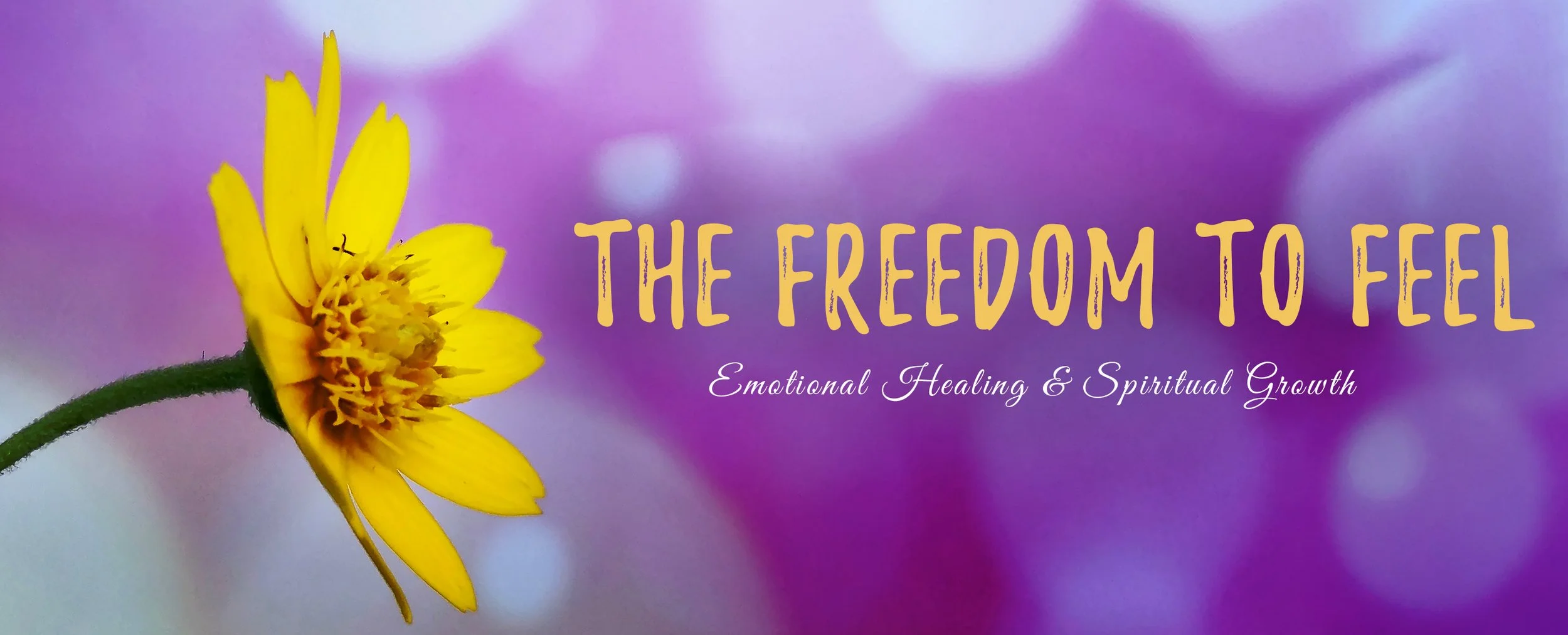JOY
JOY
It didn’t come
swiftly, and certainly not expediently.
It didn’t come
racing in as if it were trying to beat the clock.
It didn’t come
in a reckless manner,
wildly demanding space for a home here.
At times, it peppered my days,
my life, though with never enough
substance, clout, or influence to sustain.
At times, it came
in waves, pensive, with hesitation
as if it was suspicious of this container’s,
this body’s capacity to hold its’ value.
But one day, it came
unceremoniously,
to liberate.
It came with a grace
that was almost
startling.
It announced boldly
“I am JOY, and I will live HERE.”
Written by Mary Tinucci






